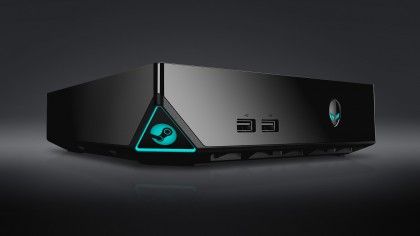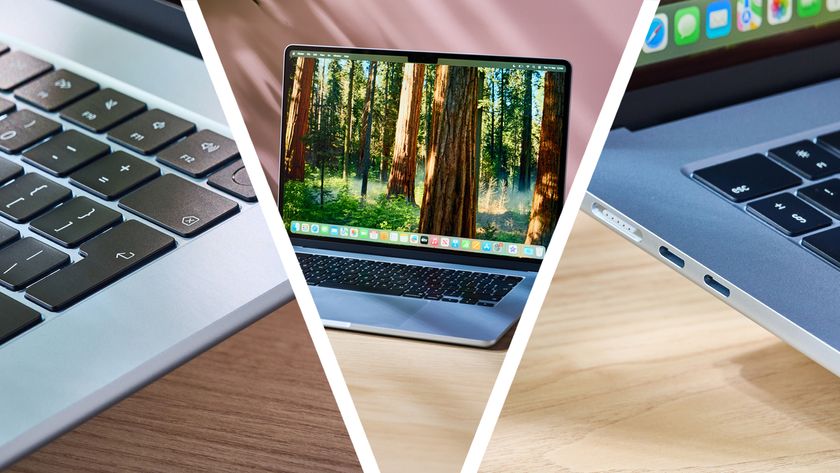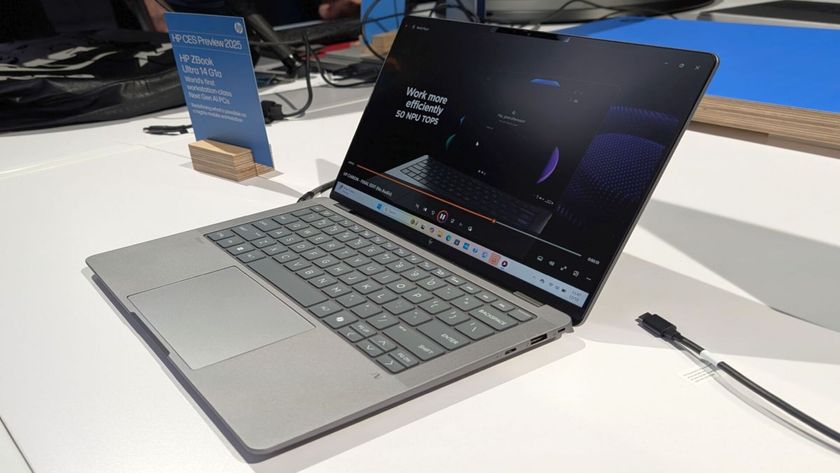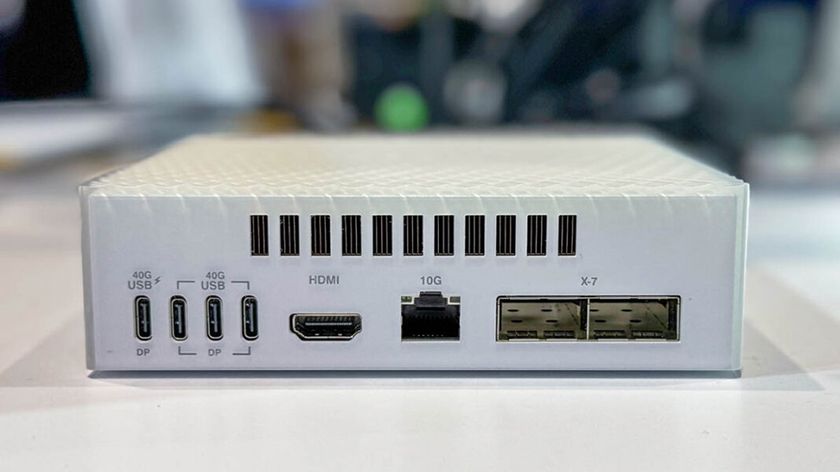Steam Machines running Windows games? Valve's working on it
Clever Reddit users uncover Steam Play emulation tool

Back in April, game maker and online retailer Valve promised that it wasn’t finished with its Steam Machine PC gaming platform, determined to create the alternative to Microsoft’s Windows. Now, Valve has found a shortcut: emulating Windows games.
Clever Reddit users have uncovered within the Steam client’s graphical user interface files, via a ‘Steam Tracker’ through the GitHub open source code base, references to an unannounced ‘Steam Play’ system for essentially emulating games that weren’t built for Valve’s own Linux-based SteamOS operating system (OS), ArsTechnica reports.
"Steam Play will automatically install compatibility tools that allow you to play games from your library that were built for other operating systems,” the uncovered text reads.
While you can certainly play games on a Mac, there’s really only one other OS for playing PC games, and that’s Windows – particularly Windows 10.
The uncovered text goes on to suggest that this Steam Play function will offer both official and unofficial compatibility through the tools it provides, which is suspected to be based on the Wine emulator, which allows Windows apps to run in Linux.
For playing Steam games from your library that aren’t officially made compatible with SteamOS, you can always try it out yourself with the existing tools, but Valve warns against its use possibly causing crashes and lost save files.
If you can’t beat ‘em, join ‘em ... sort of?
This move to essentially emulate Windows games both officially and unofficially would certainly bring better parity between the game libraries available on SteamOS and Windows, though it’s rather subversive.
Get daily insight, inspiration and deals in your inbox
Sign up for breaking news, reviews, opinion, top tech deals, and more.
Before this discovery, Valve seemed intent on inspiring PC game developers to use the open source Vulkan graphics application programming interface by Khronos Group, rather than the Windows-exclusive DirectX tools that all, but dominate the industry. This would eventually make more PC games compatible with Linux, especially SteamOS.
Well, clearly that is taking too long, and so Valve looks to be trying out a shortcut. However, shortcuts almost always have their pitfalls. Here, it’s that emulation always requires a certain amount of additional processing power to drive the emulated environment in which the app operates.
This could in turn require more powerful, and therefore more expensive, hardware to run emulated games on a Steam Machine to achieve a similar experience to playing on a Windows PC. This would in turn fly in the face of Valve’s original position of Steam Machines being generally cheaper to buy and own than Windows PCs, on account of the free OS.
Faster pickup of Vulkan could help alleviate this, but it likely won’t be fast enough for Valve’s ambitions.
Of course, there is no indication by this leak that Valve intends to publicly release Steam Play or when it will for that matter. We could be waiting for months – or perhaps even years – to see Valve’s emulation solution come to SteamOS.
But, considering Valve’s current stance on “striving towards a competitive and open gaming platform,” as said back in April, and Valve founder and CEO Gabe Newell’s well-publicized resentment of Windows as it serves PC gamers, we can’t be that far off.
- These are the best gaming PCs we’ve tested this past year
Via Engadget
Joe Osborne is the Senior Technology Editor at Insider Inc. His role is to leads the technology coverage team for the Business Insider Shopping team, facilitating expert reviews, comprehensive buying guides, snap deals news and more. Previously, Joe was TechRadar's US computing editor, leading reviews of everything from gaming PCs to internal components and accessories. In his spare time, Joe is a renowned Dungeons and Dragons dungeon master – and arguably the nicest man in tech.




















